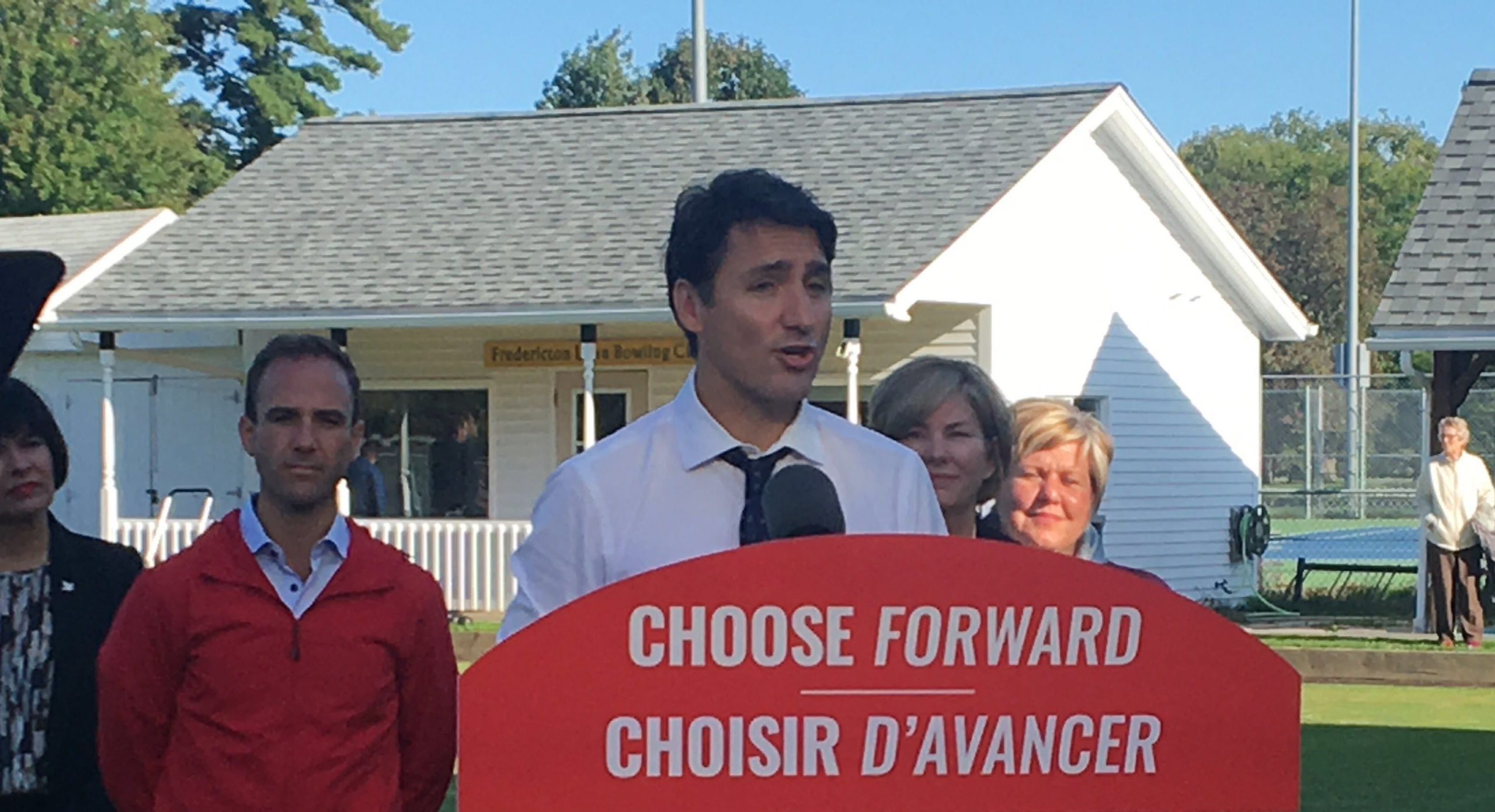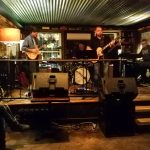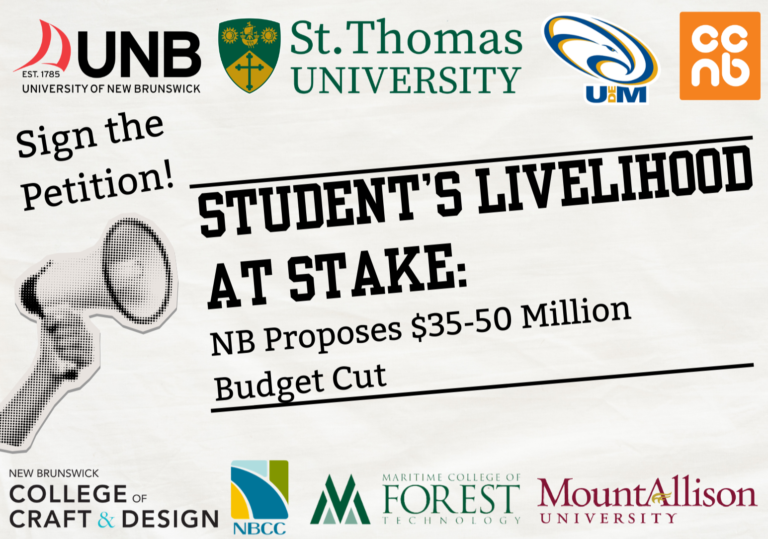Justin Trudeau re-elected in a Liberal minority win
Justin Trudeau re-elected in a Liberal minority win

Justin Trudeau has been re-elected as Prime Minister, leading a significantly depleted Liberal caucus to a minority government.
Canada is largely divided after Oct. 21 federal election, with swaths of Conservative blue across the West, the Bloc Québécois rising in Quebec, and Liberal and Conservative support partitioning Ontario and the Maritimes.
Following a difficult campaign littered with scandals and vitriol, Justin Trudeau has reemerged as Prime Minister for a second term.
“To my fellow Canadians, it has been the greatest honour of my life serve you for these past four year, and tonight you are sending us back to work for you. Tonight, we chose to move Canada forward. Tonight Canadians have charted a path for the future and I know we will walk it together,” said Trudeau
The Liberal Party lost a significant amount of seats in what was largely described as an election that was too close to call, returning with only 157 seats after their 184 seat win in 2015. This makes them only the second party to return in a minority government after a majority in the previous election, as was seen in 2015.
Trudeau himself remained popular in his own riding, with 51.3 percent of the vote in Papineau, Quebec.
Conservative Leader Andrew Sheer was able to secure 63.9 percent of the vote in his riding of Regina-Qu’Appelle, Saskatchewan, and to lead his party in gaining an additional 22 seats from their 99 in 2015, forming a 121 seat opposition.
Sheer intends to use this success to continue putting pressure on the Liberals and Trudeau, referring to his party as “the government in waiting.”
“Tonight, Conservatives have put Justin Trudeau on notice. Mr. Trudeau, when your government falls, Conservatives will be ready and we will win. This is how it starts, the is the first step,” said Sheer.
In an unprecedented turn of events, no party holds more than approximately a third of the popular vote, with the Liberals having only received 33.1 percent, with the Conservative party achieving 34.4 percent.
The Bloc Québécois came in third place, garnering 32 seats and 7.7 percent popular vote, rising significantly from only 10 seats in 2015.
Yves-François Blanchett won his seat in Beloeil-Chambly, Quebec with 50.6 percent of the vote, making him the first Bloc leader to win a seat in the House of Commons since 2008.
Blanchett says that he is willing to work with any party in light of the minority government, aiming only to be a Quebec voice on the national stage.
“The Bloc Québécois doesn’t want to form a government, or even participate in a government. However, [we] can collaborate with any government,” he said.
The NDP, however, declined from 44 seats in 2015 to only 24, with 15.9 percent of the popular vote. This decrease was directly correlated to the success of the Bloc in Quebec.
“Our job is clear. New Democrats have been given a critical role. You have given us the job to go to Ottawa, and make sure that Ottawa does not continue to serve the interest of those wealthiest corporations at the very top, but make sure we serve the people,” said NDP leader Jagmeet Singh.
The Green Party, despite Jenica Atwin’s historic win in Fredericton, was only able to accumulate 3 seats and 6.5 percent of the popular vote.
Green Party leader Elizabeth May still recognizes the history made for her party this election.
“The is the best election result that any Green party in any first-past-the-post system has ever have. We enter Parliament as the first caucus in the history of our Parliament that is two thirds women,” she said.
She also promised to “hold the feet to the fire”, keeping those in charge accountable.
The People’s Party of Canada finished the night without a single seat in the house, with even leader Maxime Bernier losing in Beauce, Quebec to the local Conservative candidate. The PPC only registered 1.6 percent of the vote across the country.
“Today, the people of Beauce decided to put their confidence in someone else. I accept with humility, and I want to congratulate the new member. My heart goes out to our 315 candidates across the country,” said an emotional Bernier, promising a return if the PPC in future elections.
Jody Wilson-Raybould, who quit Cabinet and was removed from the Liberal caucus following the SNC Lavalin scandal last April, was reelected in her riding of Vancouver Granville and the only independent MP in the House of Commons.
Keep in touch with our news & offers
Subscribe to Our Newsletter
Thank you for subscribing to the newsletter.
Oops. Something went wrong. Please try again later.






